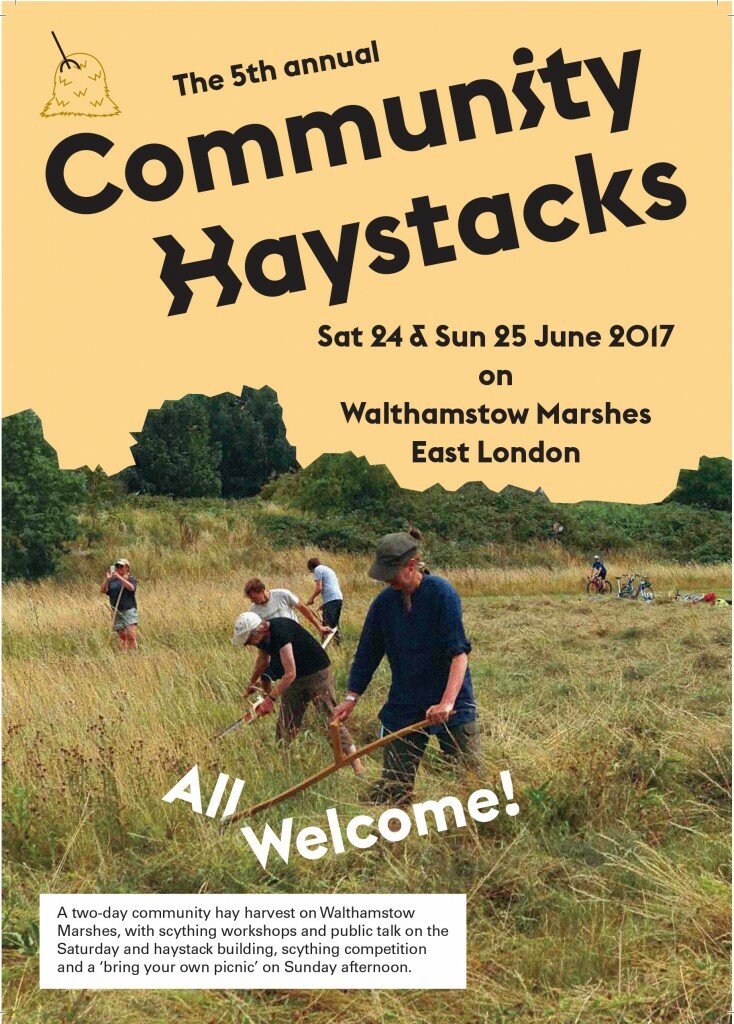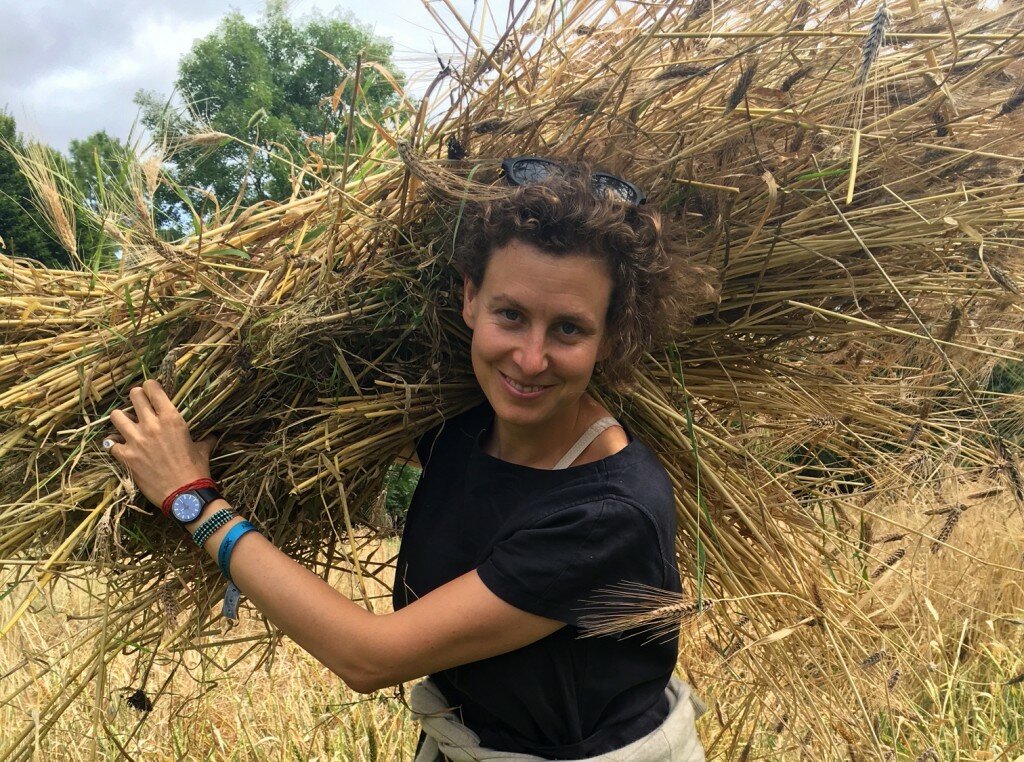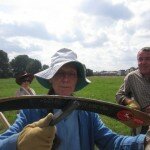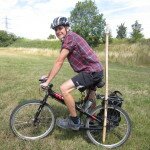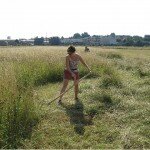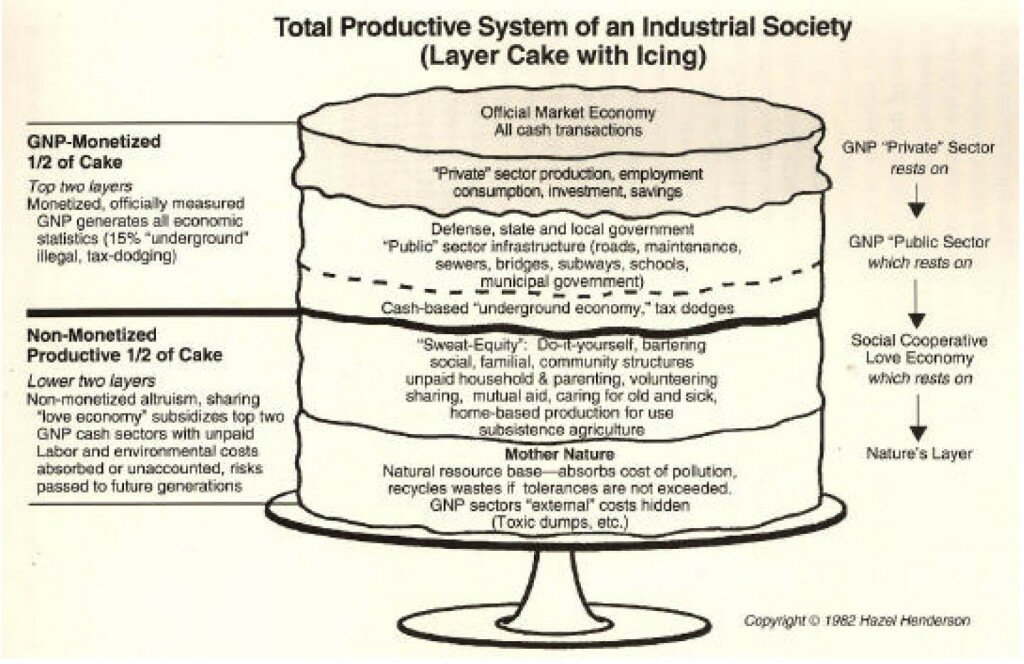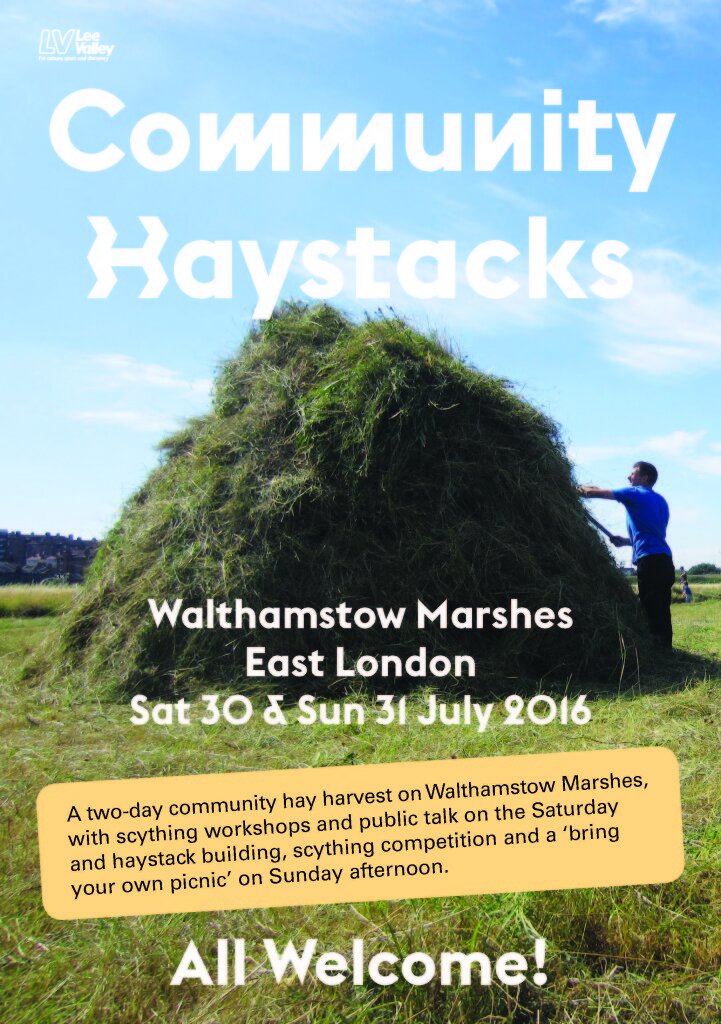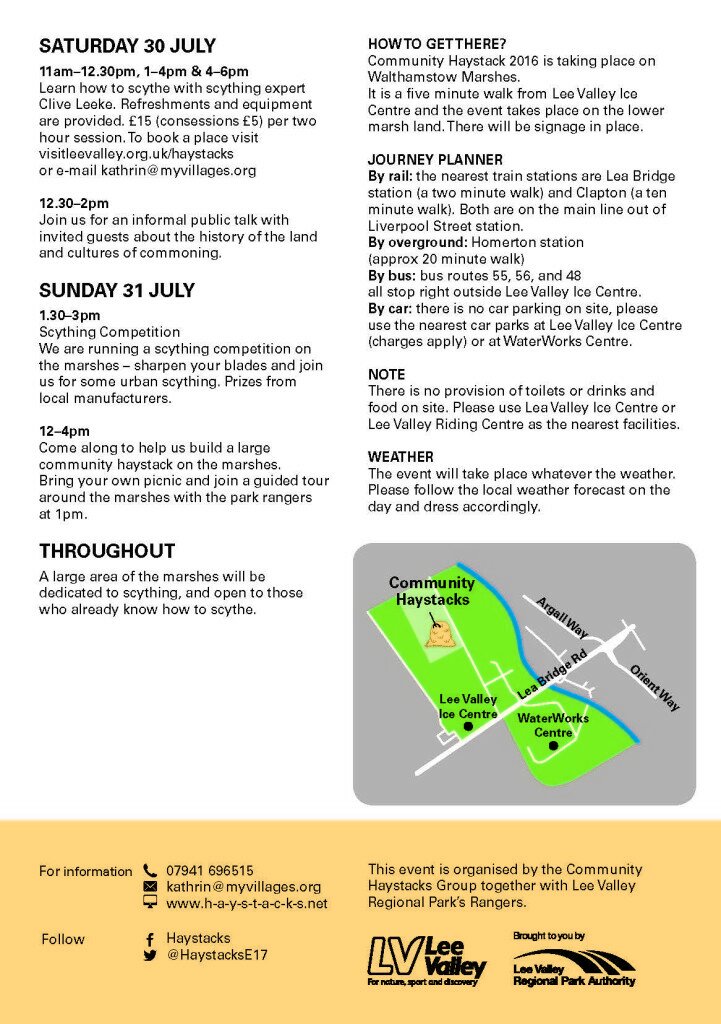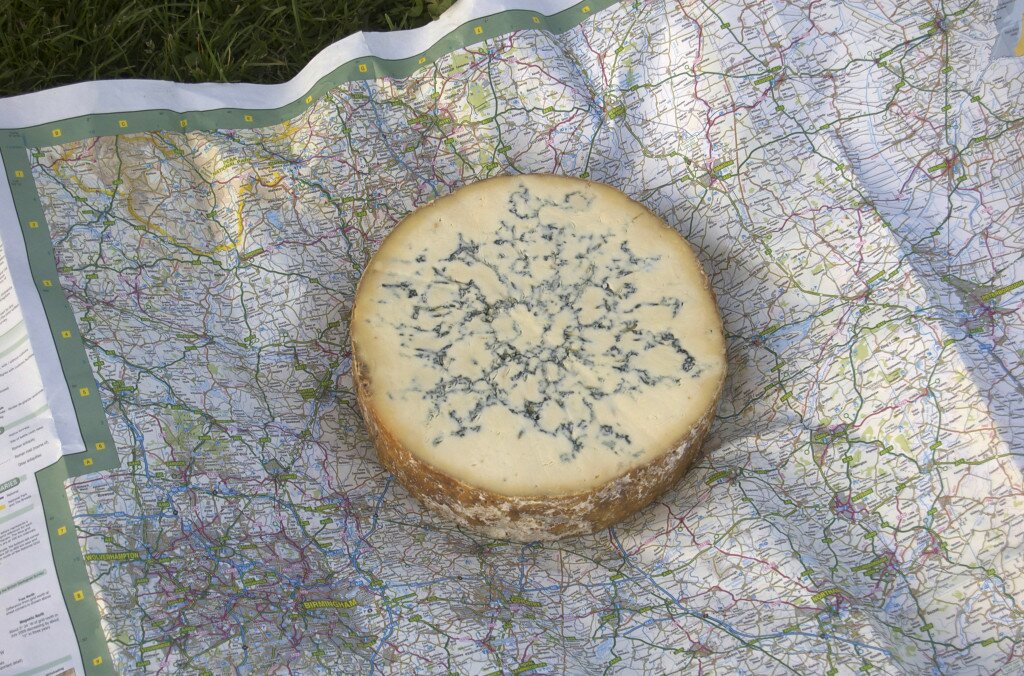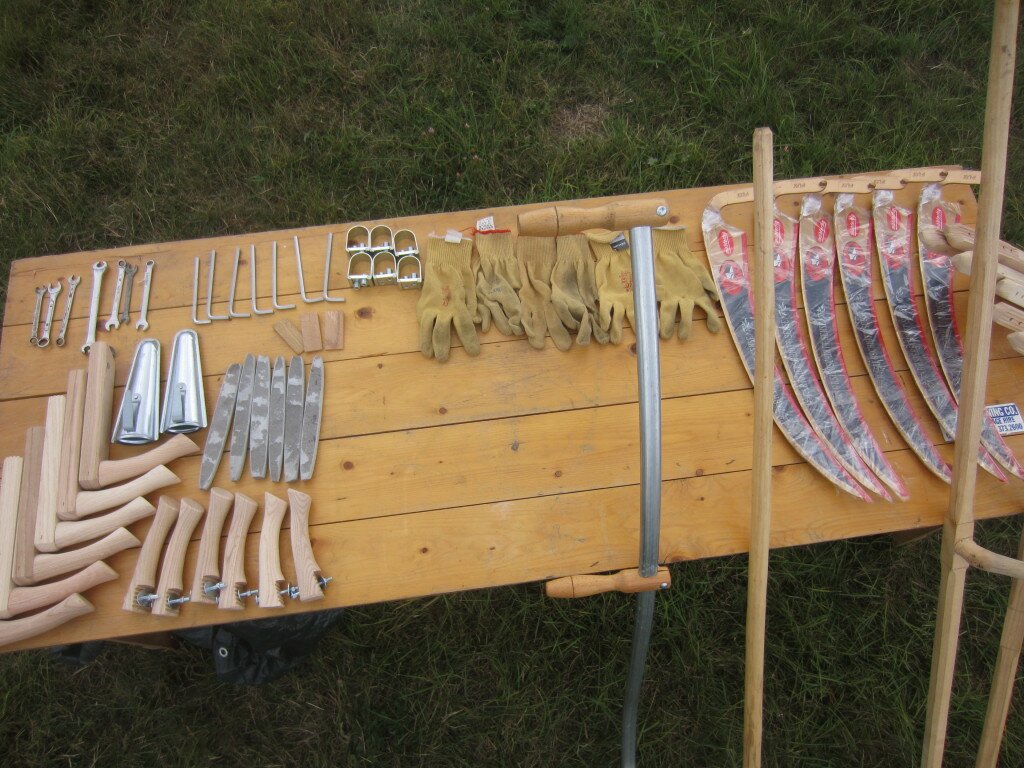book your place for the scything workshops and for more information.
Haystacks
- The Agrarian Trust with Severine von Tscharner Fleming
- A Haystack on Icebergs with Katherine Gibson
- A Haystack on Gleaning with Natalie Joelle
- 2016 Community Haystack
- Museum of Contemporary Farming with Georgina Barney
- Haystack with Gaja Mežnarić Osole: Japanese Knotweed
- Myvillages and Company Drinks
- Rural Modernity with Rosemary Shirley
- Haystacks meets Kreuzberger Salon
- Community Haystacks on the Walthamstow Marshes Aug 2015
- An Edge Effect with Bonnie Fortune
- Settlers in England by Ian Nesbitt
- A 100-Mile Conversation (12A) with Louis Buckely and Nathan Burr
- From a Village to the World with Stealth
- Kosovo Haystack Collection with Lala Meredith Vula
- Heathrow Orchard Walk (autumn version)
- ‘Community Haystack 2014′, Walthamstow Marshes
- ‘Going down to Kent’ with Mark Watson
- ‘Heathrow Orchards’ (spring version) with Kate Corder
- ‘Care and Crisis’ with Kim Trogal
- ‘The Ornamental Hermit’ with Barnaby Hosking
- ‘Off Grid’ with Grace Ndiritu
- ‘Farming with Nature’ with John Atkinson and animal films by Maria Benjamin
- Annual Sauerkraut Making
- Katrin Bohn and Kathrin Böhm
- Scything with Clive Leeke
- With Elisabeth Meyer-Renschhausen
- “Peasant Painter’ with Sigrid Holmwood
- Eco Nomadic School


